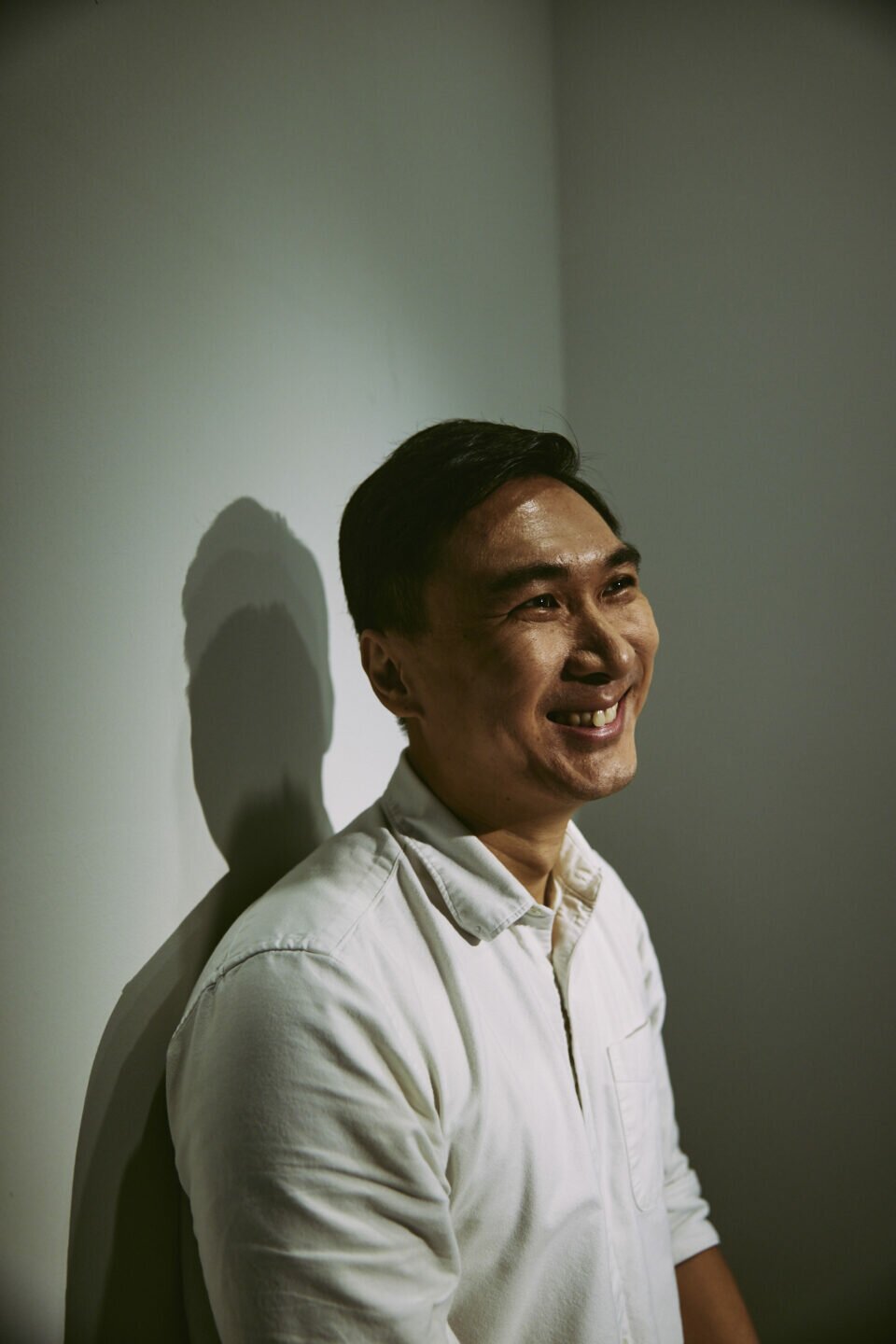While most people would struggle to remember their university projects, Pong Yu Ming is reminded of it every day. After all, it was this fateful undertaking that paved his career in the crowdfunding sector.
Today, Pong helms Give.asia, a crowdfunding platform that started out as a project when he and co-founder Aseem K Thakur were undergrads at the National University of Singapore.
Officially registered as a social enterprise in 2010, Give.asia has since its inception hosted over 16,000 campaigns that have garnered close to S$94 million in donations – according to its website.
What were the motivations behind creating Give.asia?
When we were at university, it became apparent to us that the giving culture in Singapore and the rest of Asia was just no fun, and therefore was very hard to get excited about. As school kids, we had to help out with fundraising by standing on Orchard Road with a tin can, asking people to donate loose change. It was from these experiences that we realised many more people would get involved if there was a fun, inclusive way of giving and fundraising online.
Where do you think this compassionate streak came from?
My mum and dad are my role models in giving. Growing up, they were always ready to help family, friends and people in need whom they crossed paths with. That’s probably why I wanted to find a way to also do my part to help society beyond what we had to do in school.
I remember that my mum and her friends would visit the homes of families to lend a listening ear to parents who had converted their homes into a hospital-like environment to care for their chronically ill children. Sometimes, they would pool funds to sponsor a medical bed or wheelchairs.
As a social enterprise, how does Give.asia generate the funds it needs to operate?
We rely on generous donors to keep the platform running. Donors have the option of adding a tip to Give.asia whenever they make a donation. Our ultimate goal is to have 100 percent of funds raised on Give.asia go to the cause, person, or charity in need, and we are almost there. We currently have one of the lowest bank fees among fundraising sites.
What do you do to keep your operations sustainable?
We have a global team that works for Give.asia in a voluntary capacity while juggling their regular day jobs. We therefore have never had a physical office and none of the sustainability concerns related to the day-to-day running of an organisation.
How do you ensure accountability and credibility on the platform?
Our verification processes are very strict, and we have a number of non-negotiable elements that need to be fulfilled before campaigns can go live, including identification documents, hospital documents, and more. This can be frustrating for fundraisers when there’s an urgent need for funds, but it is necessary because it ensures the transparency needed to maintain our credibility.
Is crowdfunding already a well-accepted means of philanthropy?
I believe that crowdfunding is becoming more and more widely accepted. The trend we tend to see is that individuals make their first donation through a personal connection. Maybe they know someone fundraising for their daughter, father or friend. Once he or she has made a donation, it opens their eyes to a world of people in need.
To enhance the legitimacy of the crowdfunding model, I would say people must create fundraising campaigns, share them with their networks, and introduce the concept to others.
What is the biggest lesson you’ve learned from running a crowdfunding platform?
That asking for help can – and does – work! I don’t just mean in terms of asking for donations on a fundraising campaign, either. At Give.asia, we are constantly asking for help from peers, mentors, and our community. This help spans from strategy development to on-the-ground support, and from content development to operational support.
What would you tell someone who is hesitant about giving to charity?
Giving to those in need is so much more than donating money. It is an amazing way to increase personal happiness and make a big collective impact. No amount is too small, so individuals should not feel obliged to give a lot. Finally, giving doesn’t have to be monetary. Individuals can also give time, expertise, and belongings.
